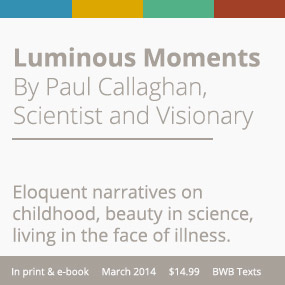Jane Campion’s The Piano No 1 on BBC Poll
New Zealand filmmaker Jane Campion’s stunning 1993 classic, The Piano has topped BBC Culture’s poll of 368 critics in 84 countries. The broadcaster’s Hannah Woodhead reveals why it’s a worthy winner.
“In 1993, Campion made history when she became the first woman (and the first New Zealander) to receive the prestigious Palme d’Or at the Cannes Film Festival. Her haunting period romance The Piano shared the award with Chen Kaige’s Farewell My Concubine, but in BBC Culture’s critics’ poll of the 100 greatest films by women, Campion doesn’t have to share the prize a second time: The Piano was chosen as the number one film in a remarkable list that showcases more than 100 years of female filmmaking,” Woodhead writes.
“It’s an exquisitely beautiful film, from Michael Nyman’s score of sombre and soaring piano and strings compositions to Holly Hunter’s performance, which rightly earned her the 1994 Academy Award for best actress.
“For New Zealand film critic Maria Lewis, Campion’s cultural identity is part of what makes The Piano so special: ‘Jane Campion has always centred the female narrative. Not the female narrative as Hollywood knows it, but the kind that’s familiar to a New Zealand and even an Asia-Pacific audience: women who are unusual, women who are complicated and talented, women who are weird, women who have overcome, women who march to the beat of their own drum – or piano, if you will.’ Certainly it feels as though the specificity of The Piano is part of its unique charm – it’s a fairytale, but one so steeped in the harshness of reality, it feels at once familiar and bracingly different from anything that came before it.
“Some 8 per cent of the 368 voters in the critics’ poll chose The Piano as their number one film. Among them was Melissa Silverstein, founder and president of Women in Hollywood, who cites the groundbreaking nature of the film as a reason for its resonance. ‘It might be one of the first films that I saw where I fully understood what it means for a director to have a vision,’ she says. ‘Nothing is said. It is all felt. The Piano arrived at a time when most films depicting female sexuality were directed by men. I’ve always considered Campion’s vision ground zero for the female gaze.’
“Since The Piano, Campion has gone on to make further films and television series that focus on female oppression and desire, as well as the machinations of power in remote New Zealand communities. But The Piano continues to beguile, with its unpredictable heroine and sense of deep sadness sitting alongside tender romance. It is a piercing fable that speaks to the universal desire to love and be loved. Not only is it a beautiful, heartbreaking story in its own right, but a worthy winner of this poll, demonstrating just why it is so important that we continue to strive to make the film industry – and by proxy, the stories we tell – as diverse and remarkable as life itself.”
Original article by Hannah Woodhead, BBC, November 26, 2019.














